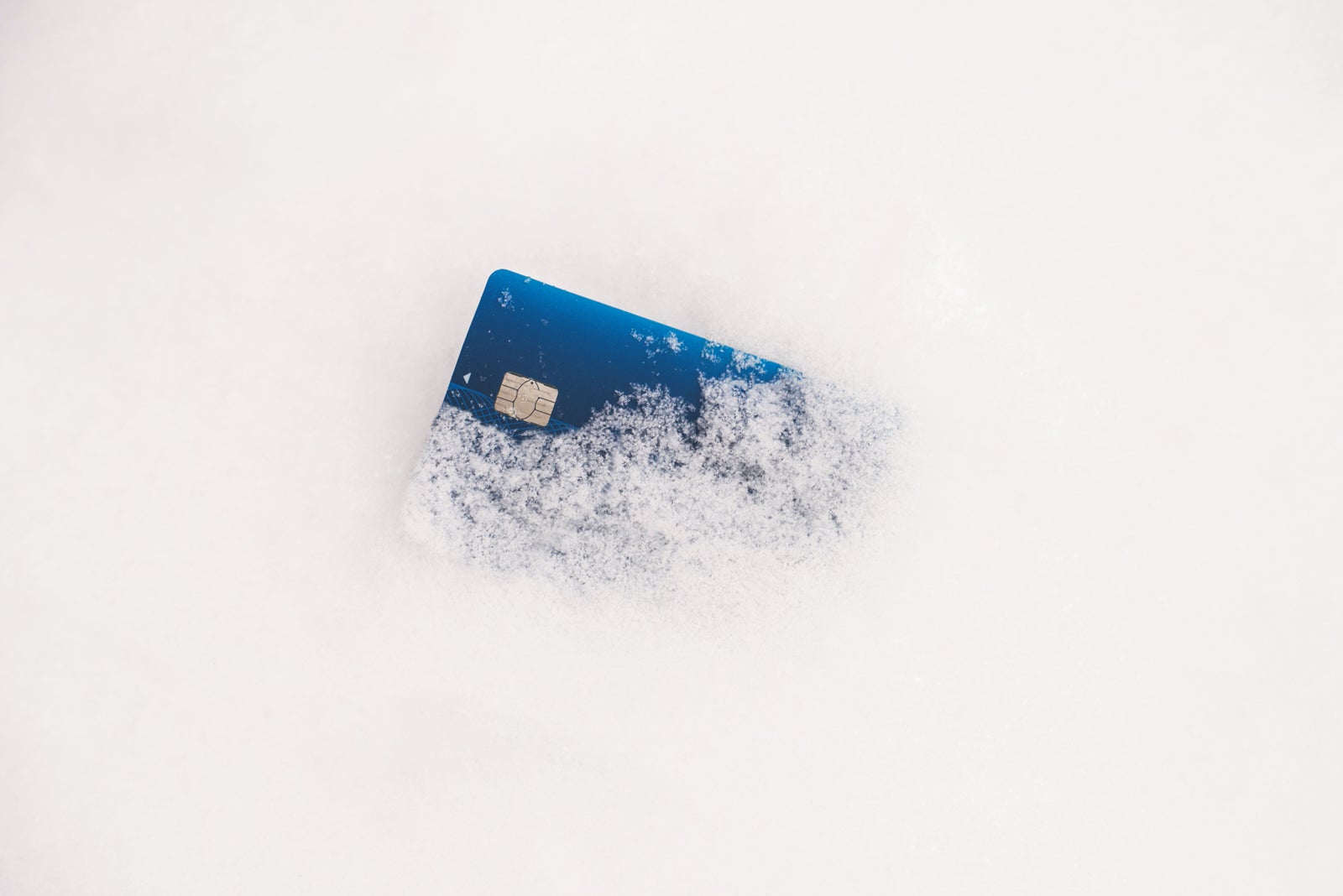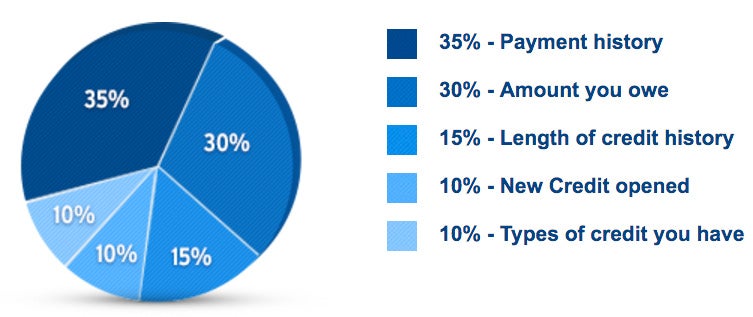If you’re taking stock of security measures in all areas of your life, don’t leave out your credit card.
In a recent alleged hack, virtually every American could have their Social Security number and physical address stolen. It is alleged that 2.9 billion records were stolen from National Public Data, a public records company, in April 2024.
Now, it is more important than ever to ensure that your credit file is secure and that you are not vulnerable to the risk of your personal information falling into the wrong hands. We recommend that you immediately review your credit file and check for irregularities to take the necessary precautions. Additionally, you should update the passwords of all email accounts, bank accounts, or services where your data could be compromised.
While it is nearly impossible to completely protect yourself from credit card fraud or identity theft, there are some steps you can take, such as freezing your credit. But, of course, freezing your credit comes with a certain level of inconvenience, as do all security measures.
We explain how and why you might want to freeze your credit.
What is credit freeze?
A credit freeze prevents you or someone else from opening an account in your name. It works by blocking creditors from accessing your credit file, so that creditors and lenders cannot offer you (or anyone pretending to be you) any type of credit.
Freezing is free, easy to request, and has no impact on your credit score.
The problem is that before you can apply for a new credit card or loan, you must first remove the credit freeze. Fortunately, this is also free, but it is inconvenient if you regularly open new lines of credit.
Related: How to Check Your Credit Score for Free

Daily News
Reward your inbox with TPG’s daily newsletter
Join over 700,000 readers for breaking news, in-depth guides, and exclusive offers from TPG experts
How can I freeze my credit?
To freeze your credit, you must request a freeze at all three credit reporting bureaus. You can do this online or by phone.
Agencies are required to freeze your credit reports within one business day. Once you request a freeze, each agency will provide you with a unique PIN or password. It is essential that you keep your PIN or password in a safe place, as you will need it when you want to unfreeze your report (as explained below).
Before going online or calling, be prepared to provide personal information such as your name, address, date of birth, and Social Security number.
Freeze your credit online
You can complete the process online by visiting each credit information bureau’s website:
Freeze your credit by phone
You can also contact the companies by telephone to request freezing at the following numbers:
- Equifax: 888-298-0045
- Esperiano: 888-397-3742
- TransUnion: 888-909-8872
Please note that even after you freeze your credit, you will continue to receive pre-selected credit card offers unless you opt out by calling 888-567-8688.

Related: How to Protect Yourself from Loyalty Program Data Breaches
Who can access frozen credit reports?
A credit freeze prevents new creditors from accessing your credit report. However, your credit will remain available to certain entities, such as existing creditors or debt collectors acting on their behalf. Additionally, government agencies may have access in response to a court or administrative order, subpoena, or search warrant.
When should I freeze my credit?
You should initiate a credit freeze if you believe your personal information has been compromised. Here are just a few instances that may warrant a credit freeze:
- Your wallet has been stolen and contains personally identifiable information such as your driver’s license, passport, social security card and credit cards.
- You are the victim of a scam
- Your information has been compromised in a data breach
- You notice an unfamiliar credit inquiry on your credit report
In all of these cases, you should also file an identity theft complaint with the government, which will give you the right to clear any credit damage that was not your fault.
Related: How to Identify and Prevent Credit Card Fraud
Does a credit freeze affect my credit score?
In short, no. Your credit score is used to determine your creditworthiness and is based on your credit history from the three major consumer credit bureaus. A credit freeze does not affect your credit score in a positive or negative way.

Related: How Your Credit Scores Work
Pros and Cons of Credit Freeze
A credit freeze is the most effective way to prevent fraudulent accounts from being opened in your name. And considering it’s a free solution, there’s no reason not to do it if you think your information has been compromised.
However, a credit freeze also prevents you from opening a new account while it is in effect. To open a new account, you will have to contact each agency individually to unfreeze your credit, which can be tedious. Additionally, a credit freeze will not prevent or alert you to fraud on any existing accounts.
Related: What is the difference between a credit freeze and a fraud alert?
How can I unblock my credit?
In some states, the credit freeze will automatically expire after seven years. In most cases, however, the freeze will remain in effect until you ask the credit reporting agency to remove it.
To unblock your records, such as to apply for a mortgage or a new credit card, you must contact each of the three agencies individually. Once you request it, the offices must remove your block within an hour. Here are the links and phone numbers:
You will need your unique PIN or password that was given to you during the initial credit freeze. When temporarily unfreezing your report, be sure to give the agencies a specific time frame or ask them to remove it for only a specific portion.
Let’s say, for example, you want to open a new credit card. If possible, contact the issuer to ask which agency (or agencies) they pull your credit information from. Then, ideally, you’ll be able to contact that credit agency (or agencies) and unblock your report for a period or just for the issuer to ask about your credit file.
In conclusion
Freezing your credit can be a useful tool to help you avoid falling victim to identity theft. It can be inconvenient, but many find it helpful for peace of mind, especially with the recent alleged data theft.
Further reading:





